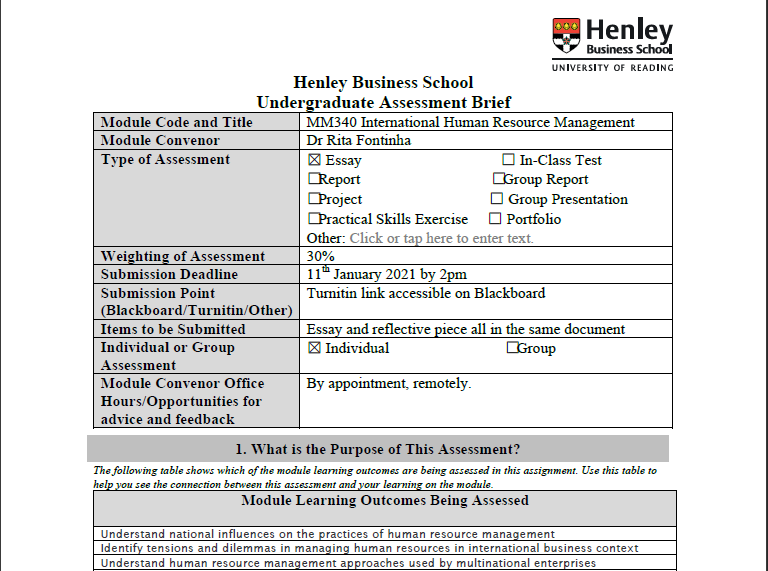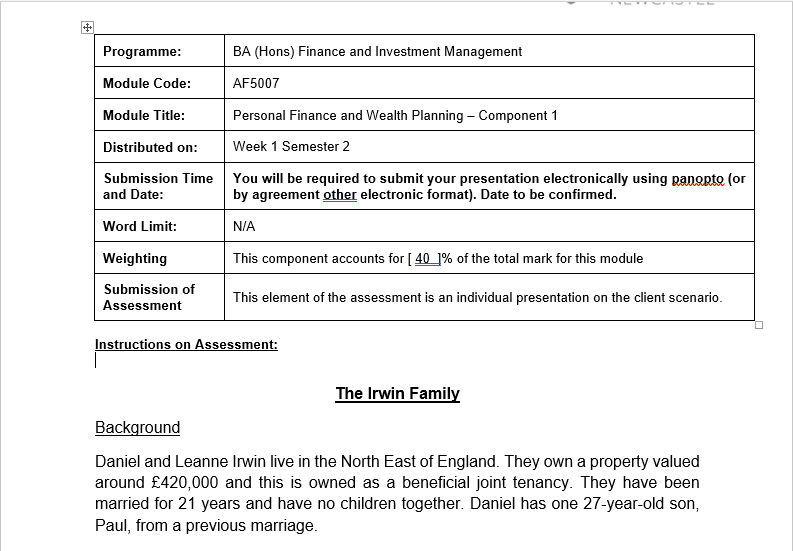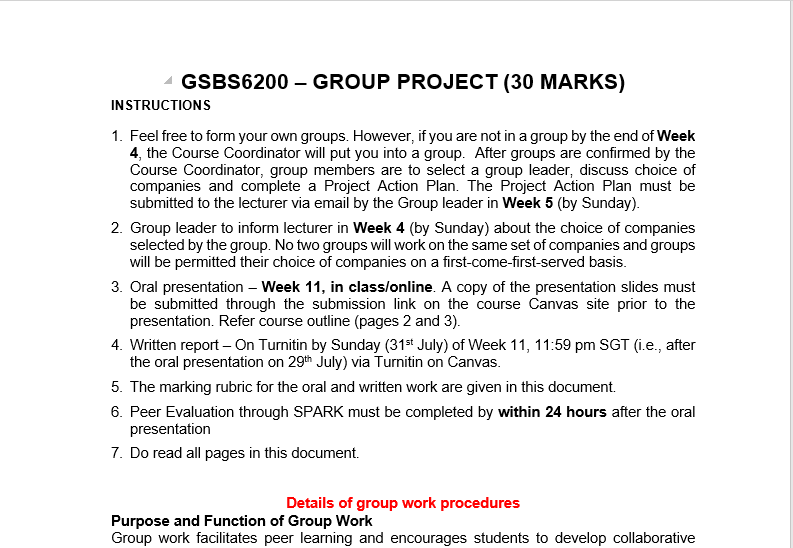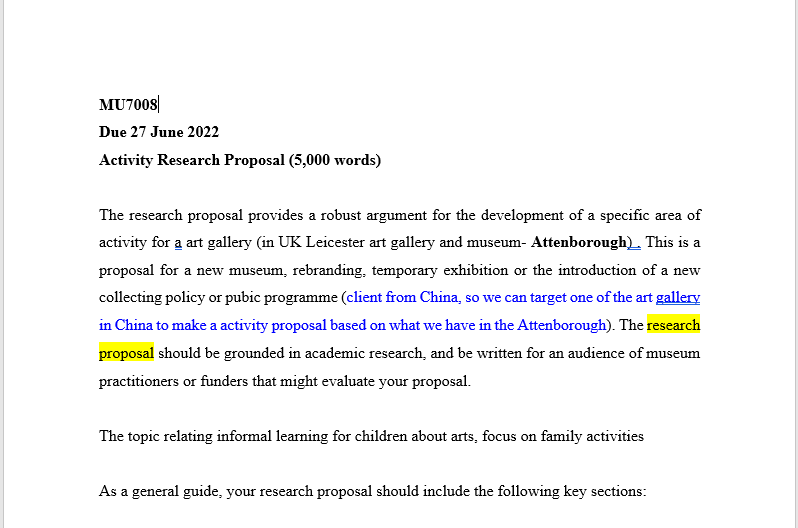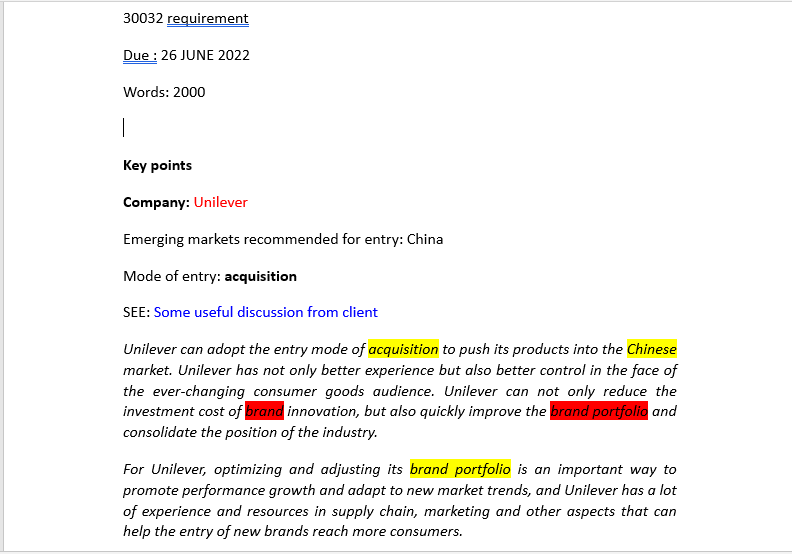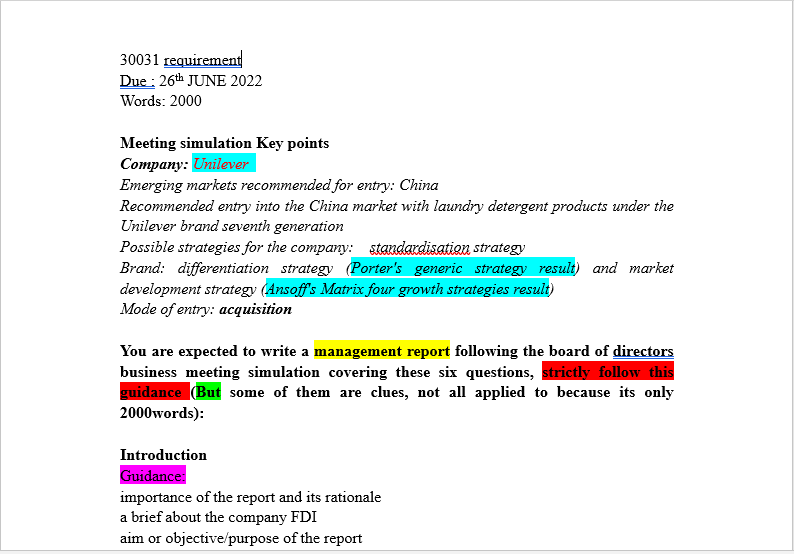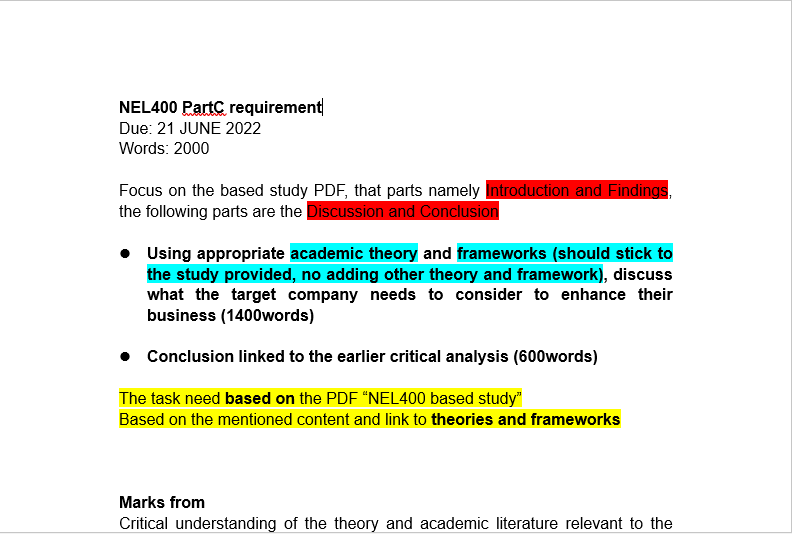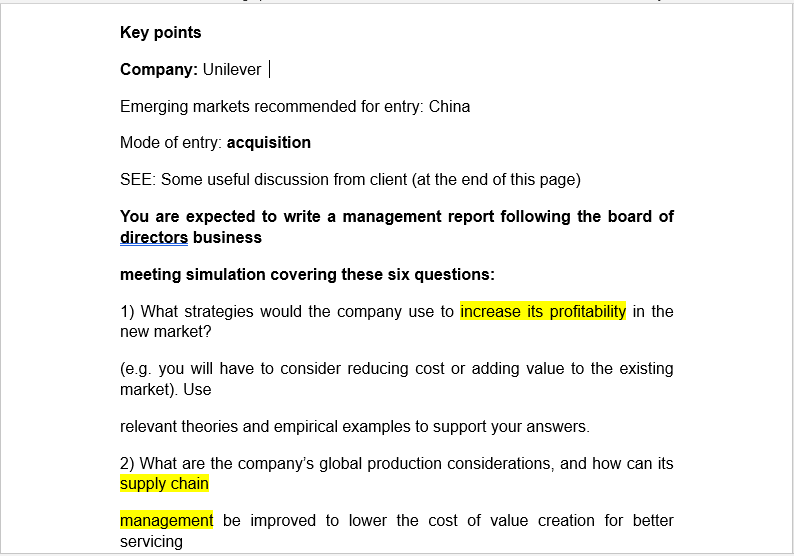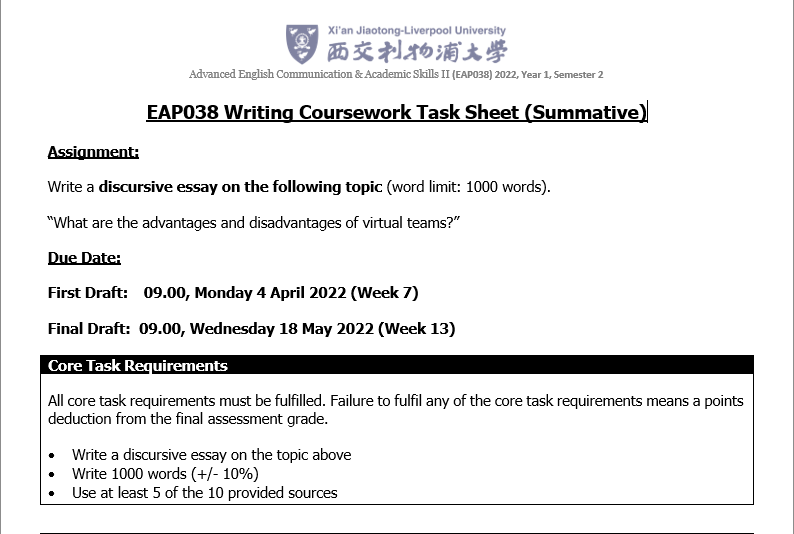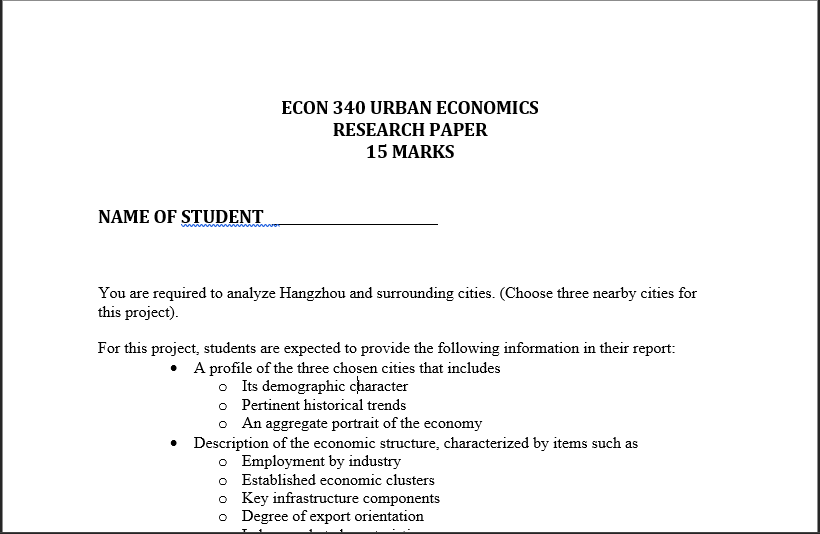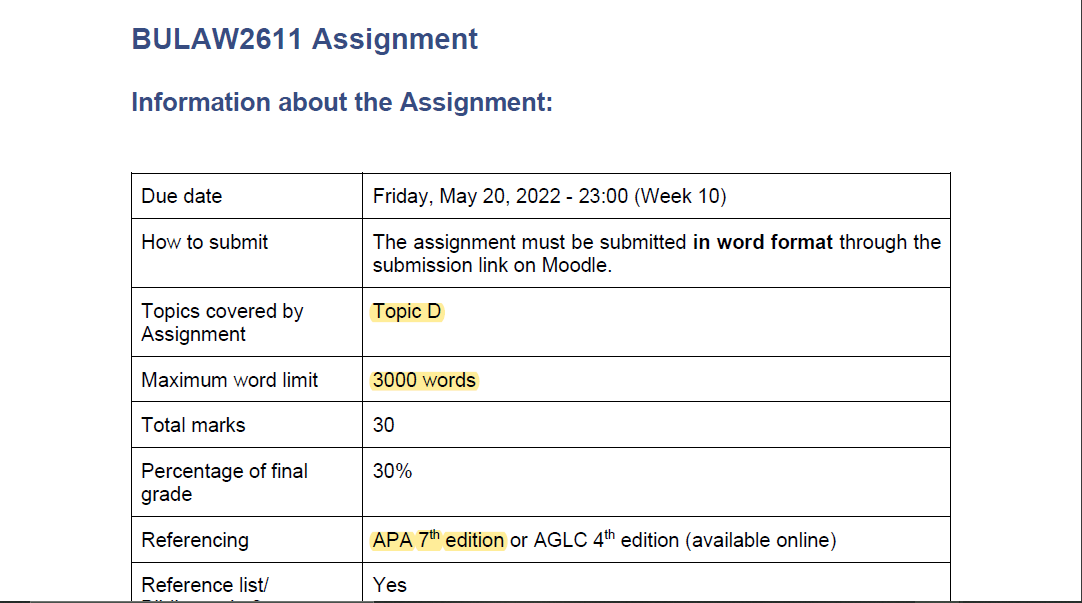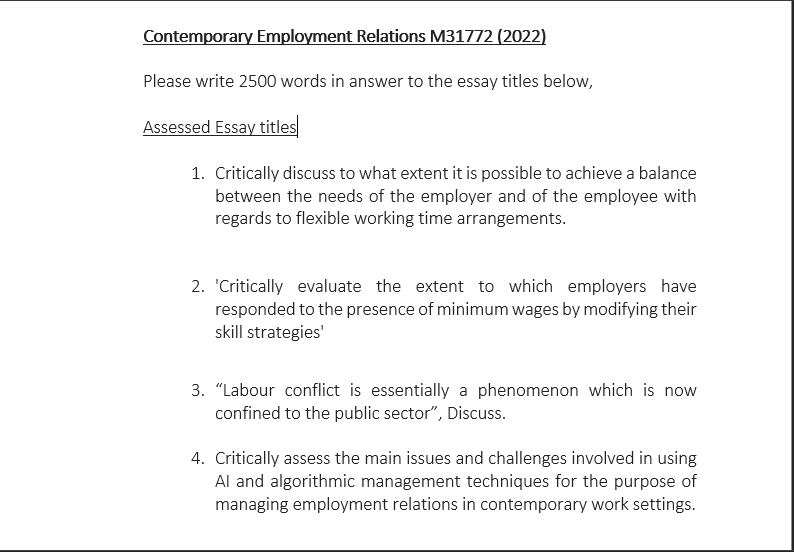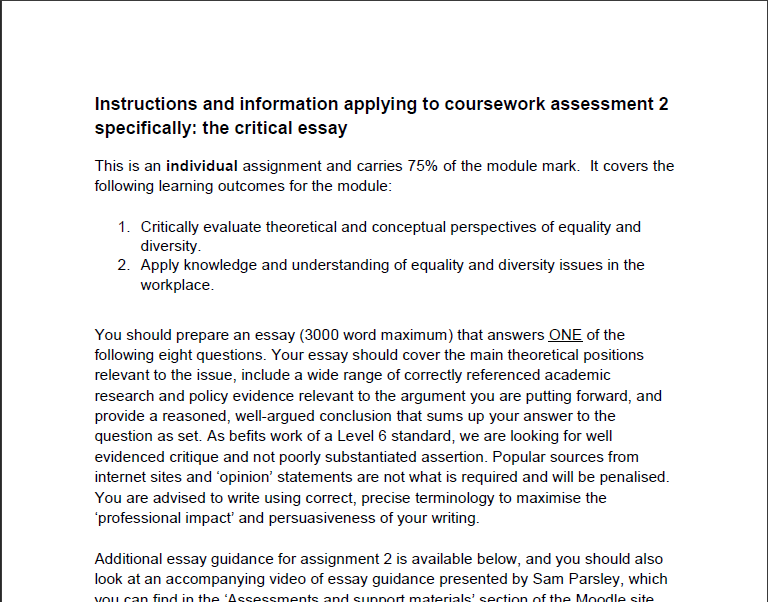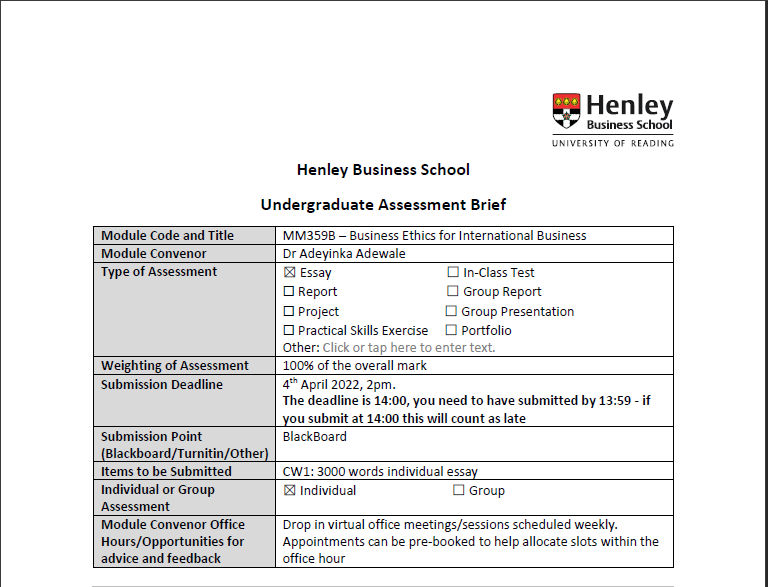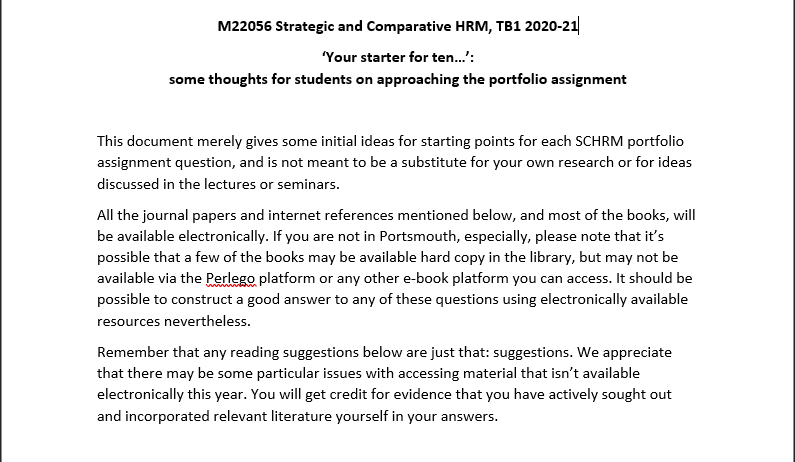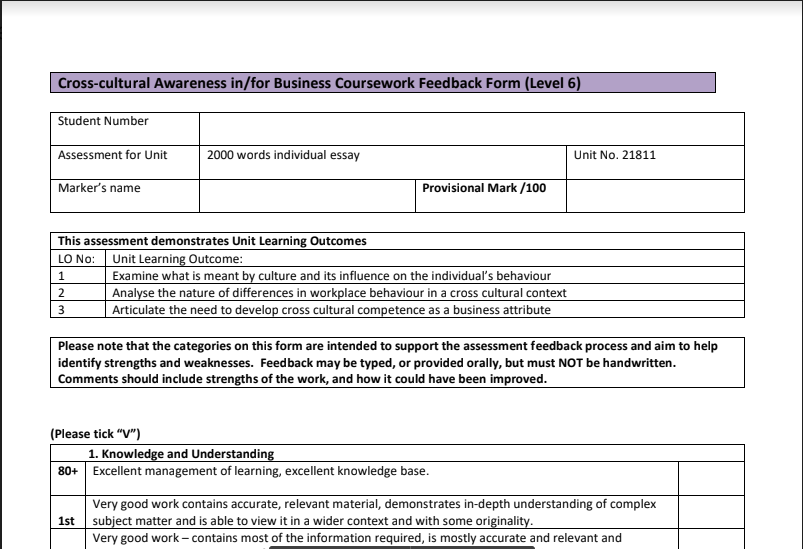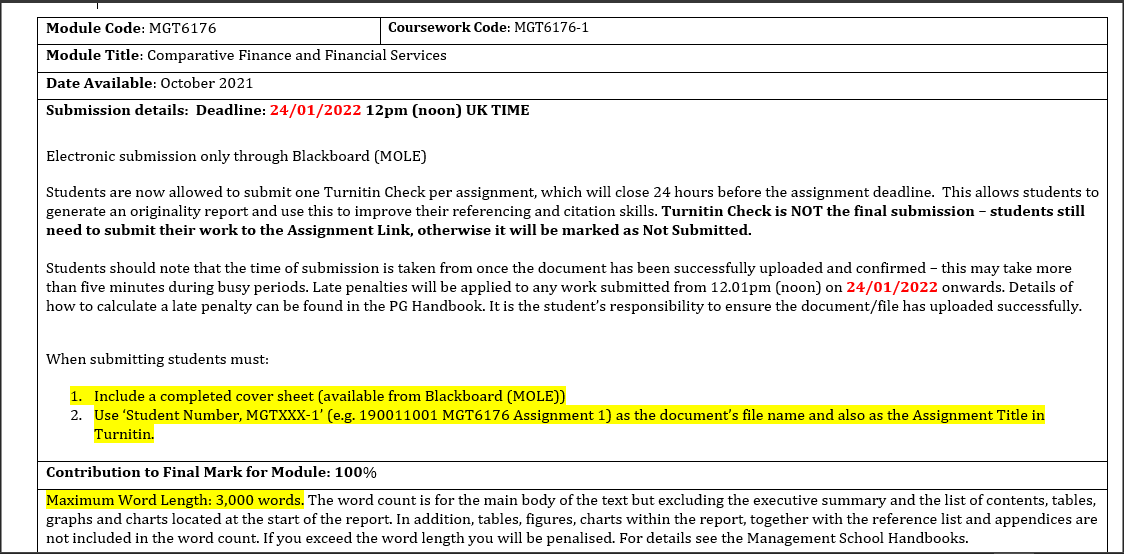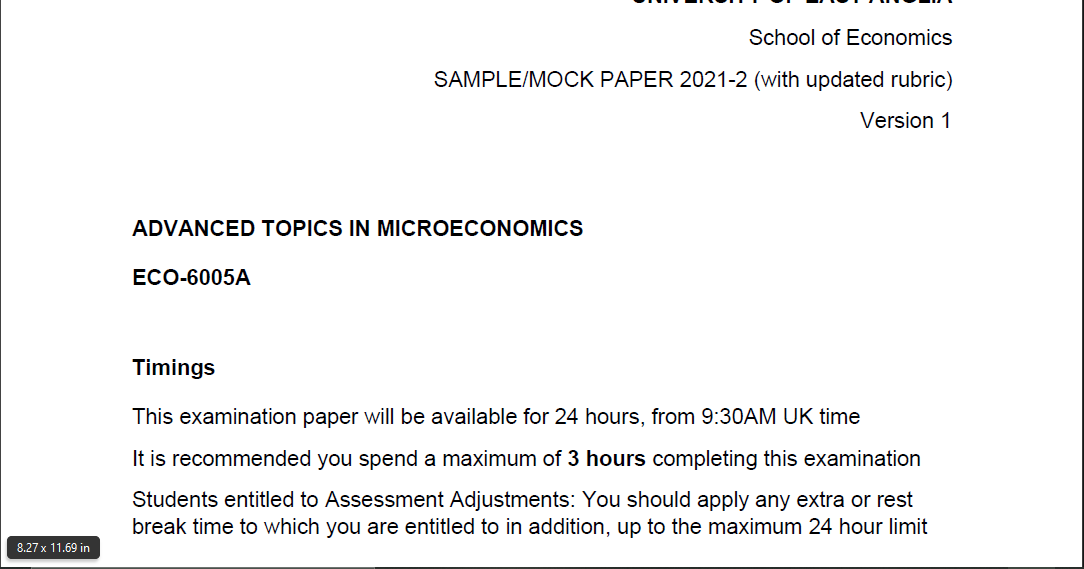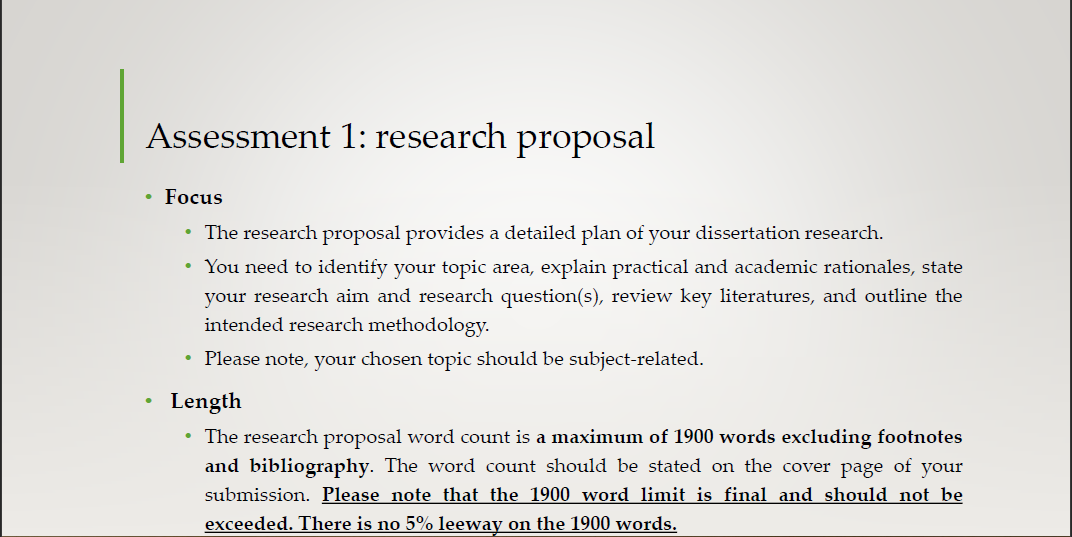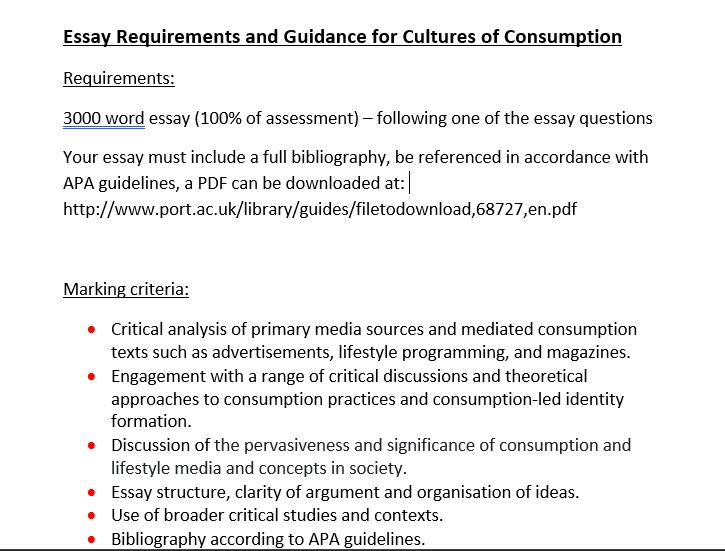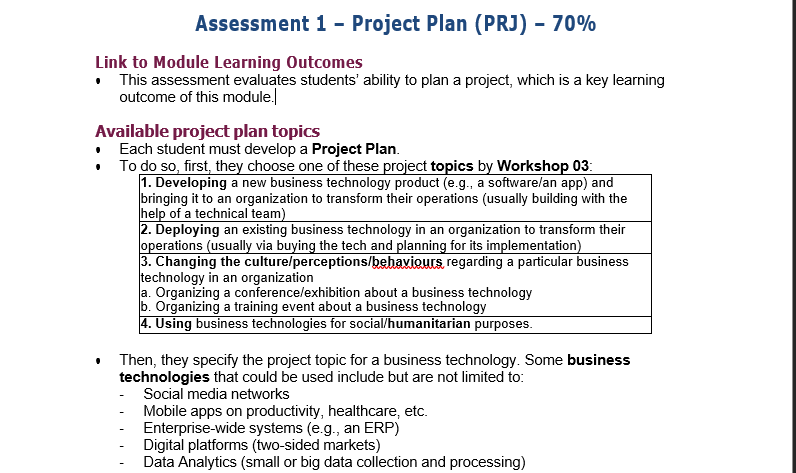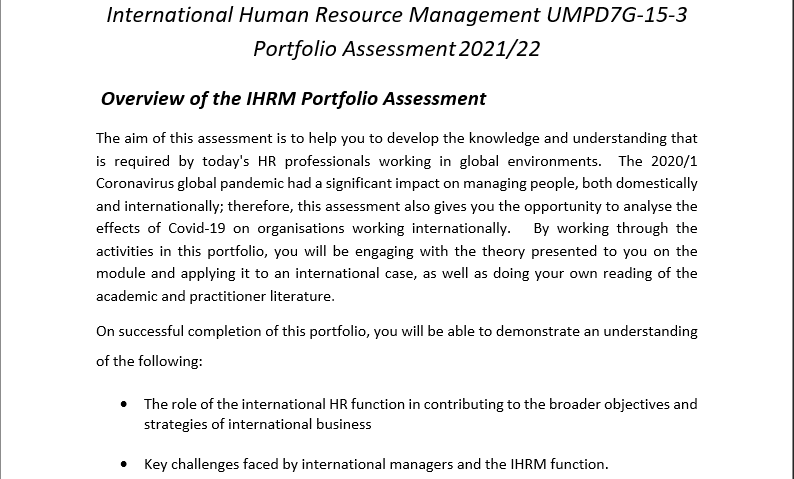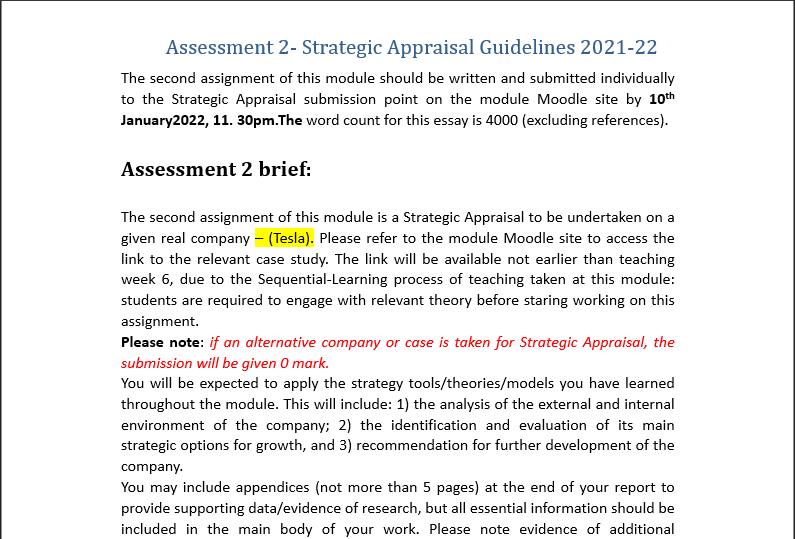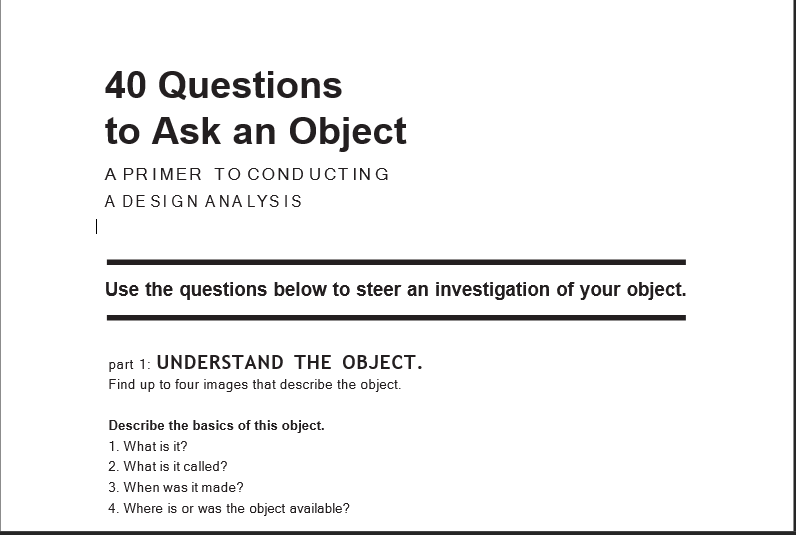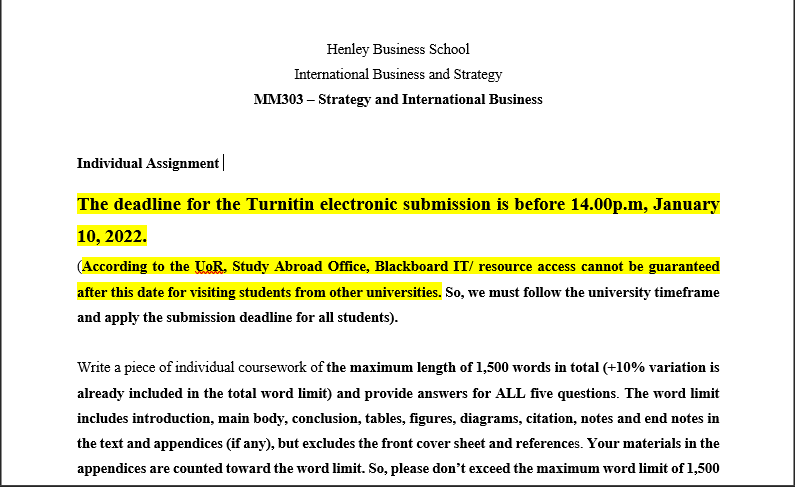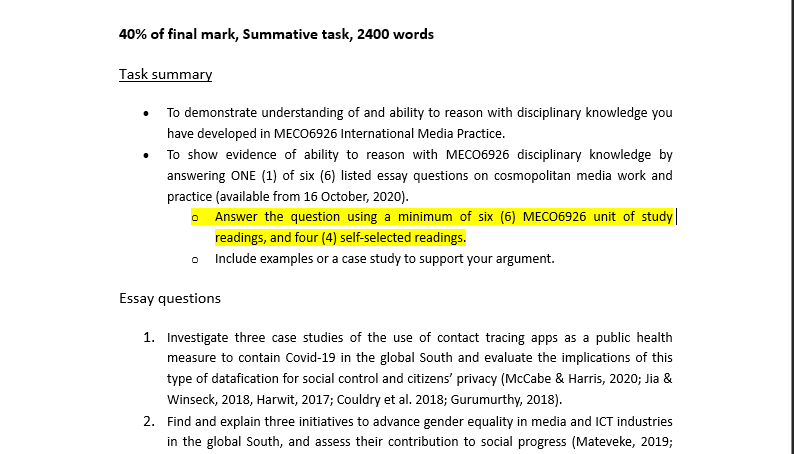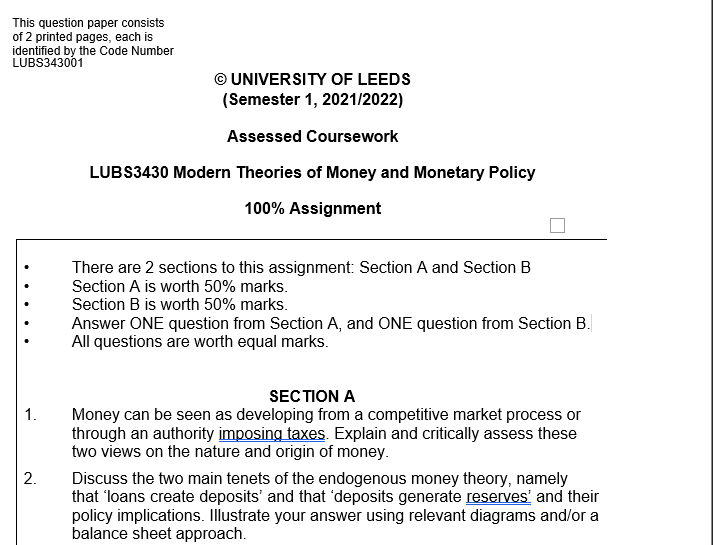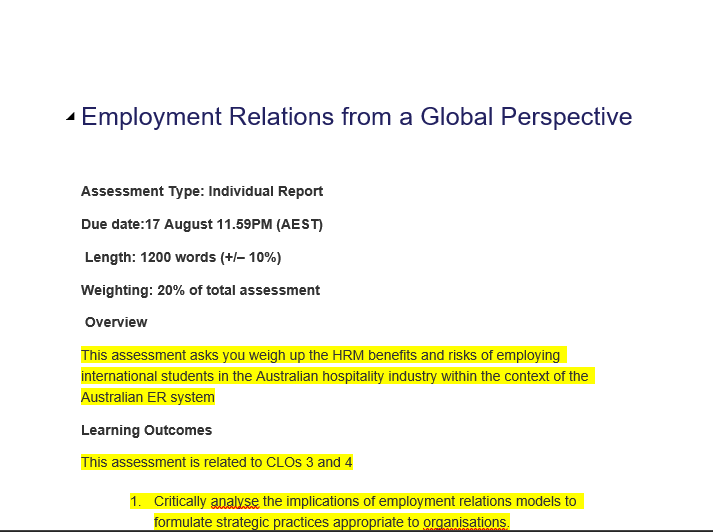




Henley Business School Undergraduate Assessment Brief
|
Module Code and Title |
MM340 International Human Resource Management |
|
Module Convenor |
Dr Rita Fontinha |
|
Type of Assessment |
☒ Essay ☐ In-Class Test ☐Report ☐Group Report ☐Project ☐ Group Presentation ☐Practical Skills Exercise ☐ Portfolio Other: Click or tap here to enter text. |
|
Weighting of Assessment |
30% |
|
Submission Deadline |
11th January 2021 by 2pm |
|
Submission Point (Blackboard/Turnitin/Other) |
Turnitin link accessible on Blackboard |
|
Items to be Submitted |
Essay and reflective piece all in the same document |
|
Individual or Group Assessment |
☒ Individual ☐Group |
|
Module Convenor Office Hours/Opportunities for advice and feedback |
By appointment, remotely. |
1. What is the Purpose of This Assessment?
The following table shows which of the module learning outcomes are being assessed in this assignment. Use this table to help you see the connection between this assessment and your learning on the module.
|
Module Learning Outcomes Being Assessed |
|
Understand national influences on the practices of human resource management |
|
Identify tensions and dilemmas in managing human resources in international business context |
|
Understand human resource management approaches used by multinational enterprises |
|
|
2. What is the Task for this Assessment?
|
You are required to produce one essay submission of 2,000 words and a reflective statement of between 200 and 500 words.
Case. Review the Case Study entitled ‘Four Seasons goes to Paris’, by Roger Hallowell, David Bowen and Karin-Isabel Knoop (it can be found in the Coursework Information and Submission section in the Blackboard site) |
|
Task (attach a separate briefing document if required) |

3. What is Required of me in this Assessment?
Guidelines/Details of How to Prepare Your Submission
Questions you need to answer. You should answer all four questions.
- Identify and critically analyse Four Season’s generic International Human Resource Management Orientation (Taylor et al., 1996). (15 marks)
- Based upon a comparative analysis of national cultures between Canada and France, what should Four Seasons have considered with regard to their HRM in their Hotels, when they expanded their business to France? (30 marks)
To answer this question, you should refer to: Hofstede’s national culture data: you can see and compare national cultural profiles of the two countries (https://www.hofstede-insights.com/product/compare- countries)
- Based upon the information you have on the HRM practices in Four Seasons France, evaluate the degree of transfer of HRM practices from Canada to France and explain why such transfer outcomes were produced in Four Seasons France? (40 marks)
To answer this question, you should refer to:
The relevant academic literature or theoretical views on the factors that affect the transfer of HRM practices within MNEs.
- Based upon your own research on the French labour market, what would you recommend for Four Seasons France to attract, motivate, and/or retain local employees and guarantee service quality? (15 marks)
To answer this question, you should refer to:
the relevant academic literature or theoretical views on global talent management within MNEs.
Please remember that your analysis and recommendations need
|
|
creative thinking and at the same time your key arguments need to be sound and supported by literature.
Reflective statement. For the reflective statement you need to write key lessons you have learned from this module, which are important to you as a future professional (between 200 and 500 words). |
|
The assessment criteria to be used for marking this piece of work |
Refer to the marking criteria rubric at the end of this document. |
|
Self-Regulation: Make sure That You… |
Carefully read the case study and all the questions before replying. |
|
Three Key Pieces of Advice Based on the Feedback Given to the Previous Cohort who Completed This Assignment |
Please make sure you focus on the theoretical frameworks addressed in lecture 4 in order to answer the first three questions. Make a critical analysis of the contents of the case study. Support your answers with relevant literature. |
|
Formatting Guidelines |
No specific formatting requirements are made. Any font style or size is acceptable, based on the student’s preference. |
|
Word Limit/Guidance and Penalty Applied |
The essay word limit is 2,000 (excluding references and appendix. Plus/minus 10% of word limit would be allowed). Please include the word count, and do not write your name on the essay.
Instructions for essay submissions:
submit ONE document containing your essay of 2,000 words (+/-10%) AND your reflective statement of 200-500 words via the on-line submission link in the Blackboard site for MM340 (No hard copy required). Deadline for submission is 2 pm on 11th January 2021 |
|
Referencing Style |
Harvard Style |

|
Guidance on Academic Misconduct (including using Turnitin practice area) |
The work you produce must be your own.
You should ensure that the work you produce adheres to the University’s statement on academic integrity and to the regulations regarding academic misconduct (such as plagiarism and cheating). You can find information about this at: http://www.reading.ac.uk/internal/exams/Policies/exa- misconduct.aspx
You are encouraged to put a draft of your work through the Turnitin practice area to satisfy yourself that the work is your own original work. You can find this in your module area on Blackboard. You can seek advice from the Module Convenor or your Programme Administrator. |
4. What Resources Might I Use to Prepare My Work?
|
The case study and relevant theoretical references provided in the module’s lectures. Additional references from your own research are also encouraged and extremely relevant. |
 |
5. Late Submission Arrangements
|
Plagiarism: ☒ The University’s standard policy on Academic Misconduct applies ☐Other: Click or tap here to enter text. |
|
Point of Submission : 11th January 2021 by 2pm via Turnitin Late Submission Penalty: ☒ The University standard penalty apply ☐Other: Click or tap here to enter text. |
6. Feedback Arrangements
|
Timing of feedback: ☒ Within 15 days of submission deadline
☐When examinations marks are released
☐Other Click or tap here to enter text. |
|
Type of feedback:
☒ Mark ☐ Generic Feedback ☒ Individual Feedback ☒ Comments written on the assessment ☐Audio Feedback ☐Video Feedback ☐Breakdown of Mark ☐Other: Click or tap here to enter text. |
|
Location of Feedback:
☐Other: Click or tap here to enter text. |



Assessment Criteria Rubric for Marking
Module Code: MM340 Module Title: International HRM Assessment Task: Coursework Academic Year: 2019/2020
|
GRADE BANDS |
FIRST CLASS |
2:1 |
2:2 |
3RD (THRESHOLD) |
FAIL |
|
|
ASSESSMENT CRITERIA |
80+ OUTSTANDING |
70 – 79 EXCELLENT |
60 – 69 VERY GOOD |
50 – 59 GOOD |
40 – 49 SATISFACTORY |
39 AND BELOW |
|
Criterion 1: Knowledge and understanding
Detail and depth of subject knowledge and contextual understanding |
All aspects mentioned in the Excellent (70-79) category achieved and taken to a level that would be nearly ready for publication. |
Excellent and systematic knowledge and understanding evident throughout. Ideas are extremely clearly expressed and exemplified in a novel or outstanding manner pertinent to the context and showing excellent insight into the topic |
Knowledge and understanding is clearly evident and covers most major areas. Good exemplification showing good insight into the topic |
Reasonable knowledge and understanding evident but limited to key concepts. Exemplification tends to be routine. Adequately expressed ideas throughout |
Partial knowledge and understanding. Ideas expressed in a purely descriptive manner or weakly or exemplified. Some ideas poorly expressed |
Significant omissions or errors in understanding. Little or no evidence of effective study. Poorly expressed. |
|
Criterion 2: |
All aspects |
The most relevant |
Concepts, |
Key concepts, |
Some omissions |
Significant |
|
Application, |
mentioned in the |
concepts, |
theories, |
theories, |
in terms of the |
omissions in |
|
Theory |
Excellent (70-79) |
theories, |
techniques and |
techniques and |
concepts, theories, |
terms of the |
|
|
category achieved |
techniques and |
evidence are |
evidence are |
techniques and |
concepts, |

